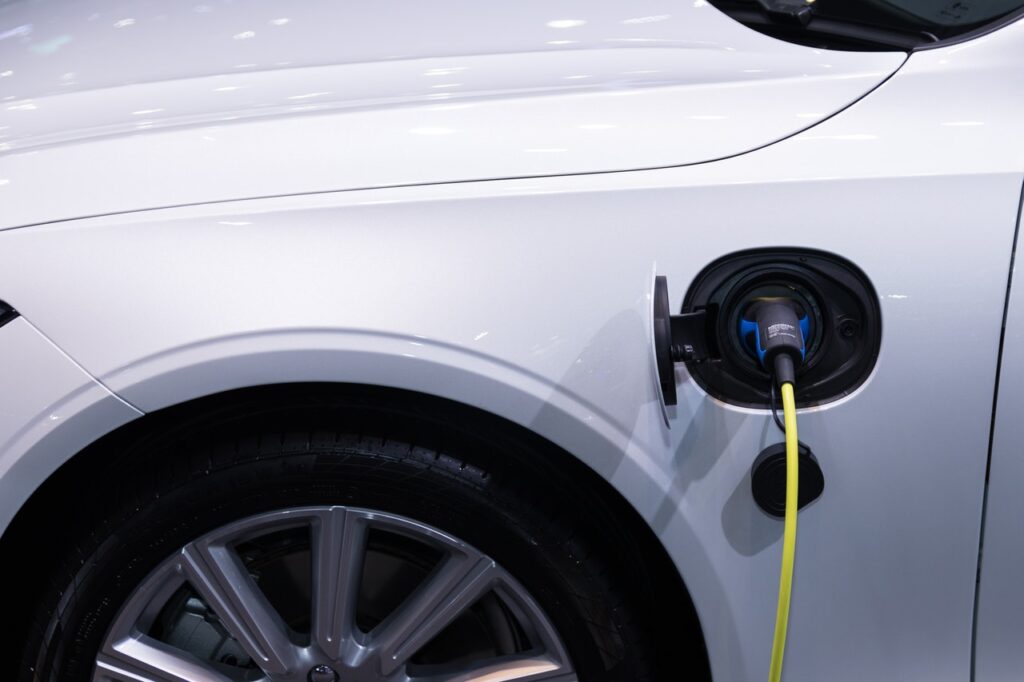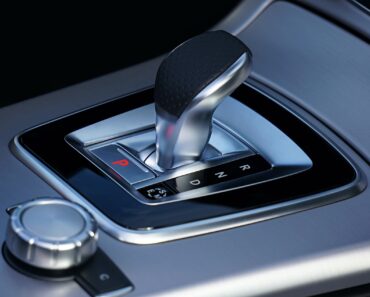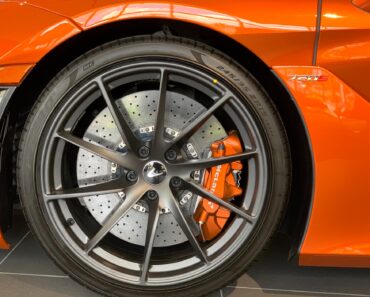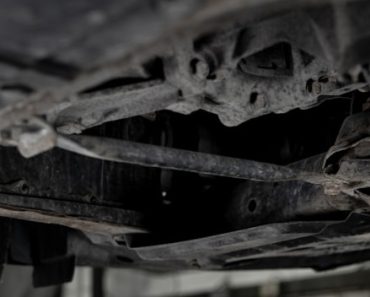With the world moving towards clean and efficient energy, gas guzzlers are slowly becoming extinct. But what are the alternatives? Electric vehicles and hybrid cars. While EVs are still not viable for all of the world’s countries due to limited charging points. Hybrid cars are the key to a seamless transition from petrol-powered cars to their electric counterparts. So, what are the pros and cons of hybrid cars?
Read on to find out!

What Is a Hybrid Car?
To hybridize something means to combine one or more features into one useful (usually) item. This is the case with hybrid vehicles. A hybrid car works by combining a modified petrol (gasoline) engine with an electric motor.
As a result, you can have the vehicle running just on: gasoline, a combination of both, or a pure electric mode. This isn’t just a way to make the vehicle more environmentally friendly. But it is also a great option for those looking to save money on fuel.
Hybrid cars are more fuel efficient and give much better mileages. Take the Toyota Prius for example; it is synonymous with the hybrid vehicle. It debuted in the late 90s and was praised for its technology that got fuel consumption figures of 45+mpg.
But it didn’t end there. The US government wanted more people to buy green cars such as the Prius. To encourage regular buyers to do so, they began handing out tax credits on their purchase. So, if you bought a hybrid, you received a couple of thousand dollars back from its price.
How Do Hybrid Cars Work?
We’ve established what hybrid cars do but how exactly do they work? Well, a hybrid car has more than one battery. There’s the regular battery of 12 volts that you can find on every car. But there’s another one, known as a battery pack. This one can produce a power of thousands of watts to make electricity.
A hybrid vehicle utilizes the concept of regenerative braking. We all know that brakes generate heat when they’re utilized. So, when a car decelerates, the energy produced recharges the battery pack. The gasoline engine also works in unison with this concept to charge the pack.
So, a hybrid vehicle produces less fuel emissions. But in order for it to give you the best performance, both the powertrains need to work together to do so. When the electric motor and the gasoline engine combine to propel you, the car will perform and accelerate better.
So, how are the high mileages obtained from this? Well, because of the battery pack, the regular gas engine will have to do less work. This means that it will need less replenishments of fuel. As a result, you will get a better fuel economy from the car.
What Is a Plug-In Hybrid?
The most commonly sought out hybrid today is the plug-in hybrid. This one is quite similar to the electric vehicle in the way that it can be charged. In this, the battery pack is larger than in a standard hybrid. You can charge the vehicle with a charging unit to get yourself an all-electric driving range.
This means that you’ll be able to shut down the gasoline engine and have the electric motor(s) do all the work. In the vehicles like the Prius and the Hyundai Ioniq, you can have an all-electric range of around 25 miles and a combined range of almost 600 miles.
In the case that you run out of electricity; you can rely on the petrol engine to get you to where you need until you can charge the car again. Nowadays, these hybrids are so popular that every carmaker is adding a plug-in hybrid version to their vehicle line ups.
How Long Do Hybrid Batteries Last?
No battery can last forever and this also applies to hybrid vehicles. But you need not worry as a battery for an older hybrid can last up to 8 years or around 100,000 miles of use. When buying a hybrid, you get a separate warranty for the batteries. The time period for which it is valid is equal to the batteries’ lives.
Nowadays, you can get vehicles from brands such as Hyundai that are covered for almost 150k miles or 10 years. This has shown that the concept has improved and one can expect these batteries to last even longer in the future. But there’s a fact that many people don’t know about hybrid warranties.
If you buy a used hybrid with a battery warranty on it, the seller is required to transfer the balance of it to your name. For this, you must get the reading on the vehicle’s odometer. Then you should check the warranty. The value of the odometer must be deducted and the rest applies to you.
What Are the Disadvantages of a Hybrid Car?
Nothing’s perfect and the same applies to hybrid vehicles. The following are some of the disadvantages of a hybrid vehicle:
Expensive Maintenance
Now, while a hybrid will definitely save you money on fuel, maintaining it can be pricey. The technology isn’t found in every vehicle so any parts replaced will cost you more, especially the batteries. Also, finding a mechanic that can work expertly on it can be tricky.
Battery Disposal
What happens when you use up a battery? You’ll have to replace it, of course. But what about the used-up battery – where will it go? It will be recycled. However, recycling a battery for usefulness is undoubtedly expensive. So, you won’t be getting a good price for your worn-out battery.
Lack of Performance
Hybrid cars are meant to save you fuel but they can be boring if you don’t get a sports version. They aren’t quick and handling us subpar because of the extra weight of the batteries. Manufacturers are working to fix this but you will encounter this problem in older hybrids.
Danger of Shock
Crashing a hybrid vehicle can lead to you getting shocked from the high voltage.
Summary
In conclusion, hybrids are the way to go if you’re buying a new vehicle. They save you fuel, produce less emissions, and are cheaper to run. Plug-in hybrids come with an all-electric range as well.
Their disadvantages include a poorer performance and expensive maintenance.
Still, they don’t account for the favor that you’re doing to mother nature and to your wallet in the long run!






